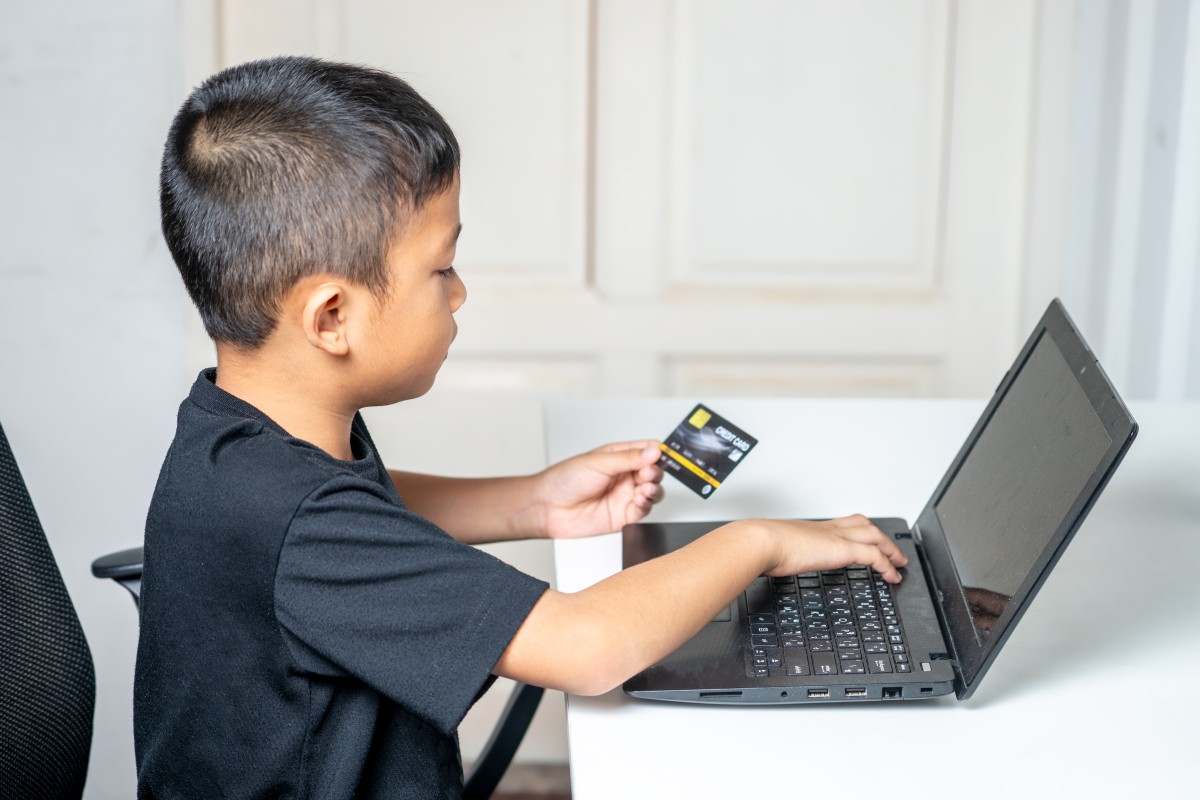Nearly half of parents say that they have caught their minor children secretly using their debit card or credit card without obtaining their permission at least once. Not only that, but they each racked up an average of more than $500 in charges in doing so, according to a new survey by online financial services marketplace LendingTree.
The number of parents reporting this behavior has jumped almost 60% over the past four years since a similar poll was conducted, reports LendingTree. The recent survey included more than a thousand parents who have children younger than 18.
Six in 10 parents of under-18 children have allowed their children to borrow their cards to buy goods online, according to the poll. Almost half of the parents regret having done so.
Mothers are less likely to share their cards with a child than fathers, the survey found. Fathers, however, are more likely to regret the move.
Mobile payments
A reason more children are incurring charges on their parents’ cards is that today’s technology has made it easier for children to use their parents’ cards without them realizing it.
Mobile payments are easy to make as are one-click ordering and in-app purchases, says Matt Schulz, chief credit analyst at LendingTree. A movie can be bought online and a credit card charged with one click. This aspect is particularly true in households where family members share passwords and devices.
More time indoors
Another factor is that many of us have spent considerably more time than usual indoors, staring at screens, over the last two years. It makes sense, therefore, that children might have used cards without permission more than they have in the past, Schulz adds.
In addition to one-click ordering, another factor is widespread access to technological innovation. The survey found that the most common cases of children spending on cards without permission included purchases made during an online game or inside an application; ordering food delivery; and purchases made using voice-activated speakers.
The survey also found that children whose parents earn more than $100,000 a year are almost five times as likely to be an authorized user on their guardian’s credit card than those whose parents earn less than $35,000 a year.
Building credit
It can be smart to help your children build credit from a young age, says Schulz of LendingTree. Not every child under the age of 18 is sufficiently mature to have a card in their name, he notes, but you can take steps to ease them into the credit world.
Among them:
• Begin with a debit or prepaid card.
Guardians and parents can monitor the child’s activity on the cards. They also can be used as a starting point for important discussions on money management.
• Make responsible teenagers authorized card users—and monitor them closely.
Most issuers of cards allow you to track spending through such ways as websites, applications, and text messages. Schulz suggests you take advantage of this technology.
If you feel that your children are not ready for a card you do not actually have to give them the card, he adds.
• Teach your children the first lessons in credit.
Explain how their credit behavior can affect their credit score, Schulz says. Spell out how this can affect their ability to obtain an apartment or a car loan in the future.
• Find cards that are suitable for first-time users.
Schulz suggests looking for cards that are suited for those obtaining credit cards for the first time, such as student credit cards, which are available to children once they turn 18. A secured card also can be useful because it cuts the risk for everyone involved.






